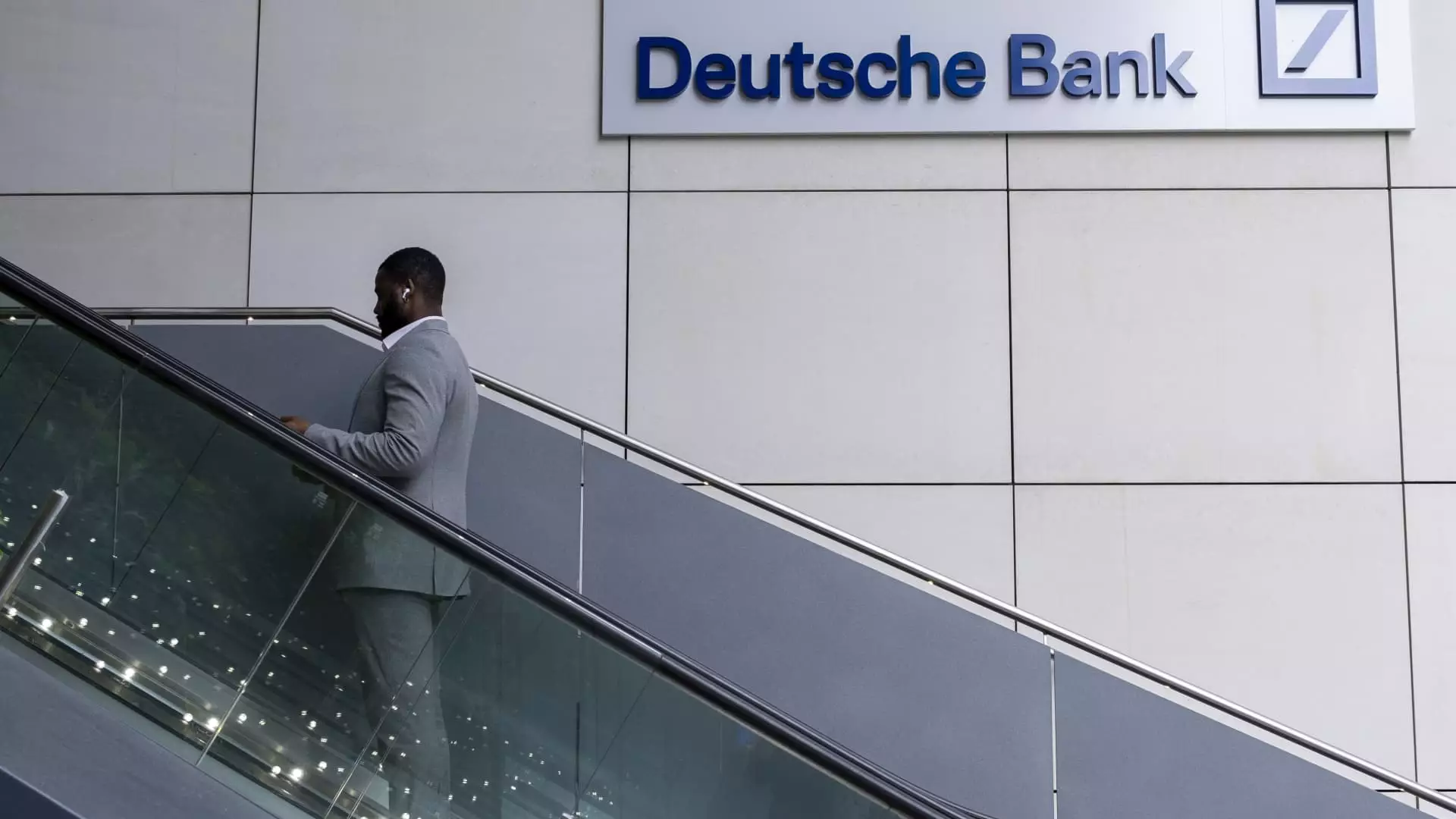Deutsche Bank, once a powerhouse in the financial sector, reported a narrower-than-expected loss, ending a 15-quarter profit streak. This loss was attributed to a provision made for an ongoing lawsuit over its Postbank division, which amounted to a staggering 1.3 billion euros. Despite analysts characterizing the results as broadly solid, shares of Deutsche Bank plummeted more than 8% at the end of the session. The net loss attributable to shareholders was 143 million euros, slightly better than the predicted loss of 145 million euros by analysts.
The second quarter saw net revenue for Deutsche Bank increase by 2% to 7.6 billion euros. Efficiency savings also reached 1.5 billion euros during this period. While the investment bank division experienced a 10% increase in revenue, fixed income and currencies saw a 3% decline. Revenue in corporate banking remained nearly flat at 1.9 billion euros. The provision for the credit losses also increased to 476 million euros, up from 401 million euros the previous year.
Upon the release of the financial results, analysts from Citi and RBC had differing views. Citi analysts referred to the quarter as “solid,” praising certain divisions performing above consensus. On the other hand, RBC analysts labeled the results as “good,” especially in investment banking, but expressed concerns over higher-than-expected loan losses. The CET 1 capital ratio, a measure of bank solvency, nudged up to 13.5% from 13.4% in the first quarter of the year.
Looking ahead, Deutsche Bank’s Chief Financial Officer, James von Moltke, sees positive drivers for the second half of the year. Despite a slowdown in net interest income in corporate banking in the second quarter, there is optimism for stability in the banking book segments. Von Moltke highlighted lower funding costs and better spreads on both deposit and loan side. He also mentioned the growth in revenue in the origination and advisory business, doubling year-on-year.
Deutsche Bank’s recent financial results have shown a pattern of earnings beats. In April, the bank reported a 10% higher profit, its best quarterly result since 2013. This positive news comes amidst a busy day for European bank earnings, with UniCredit maintaining a 14-quarter profit streak and Santander reporting a 20% increase in net profit. The financial sector remains volatile, and Deutsche Bank continues to face challenges despite its long-standing reputation in the industry.

